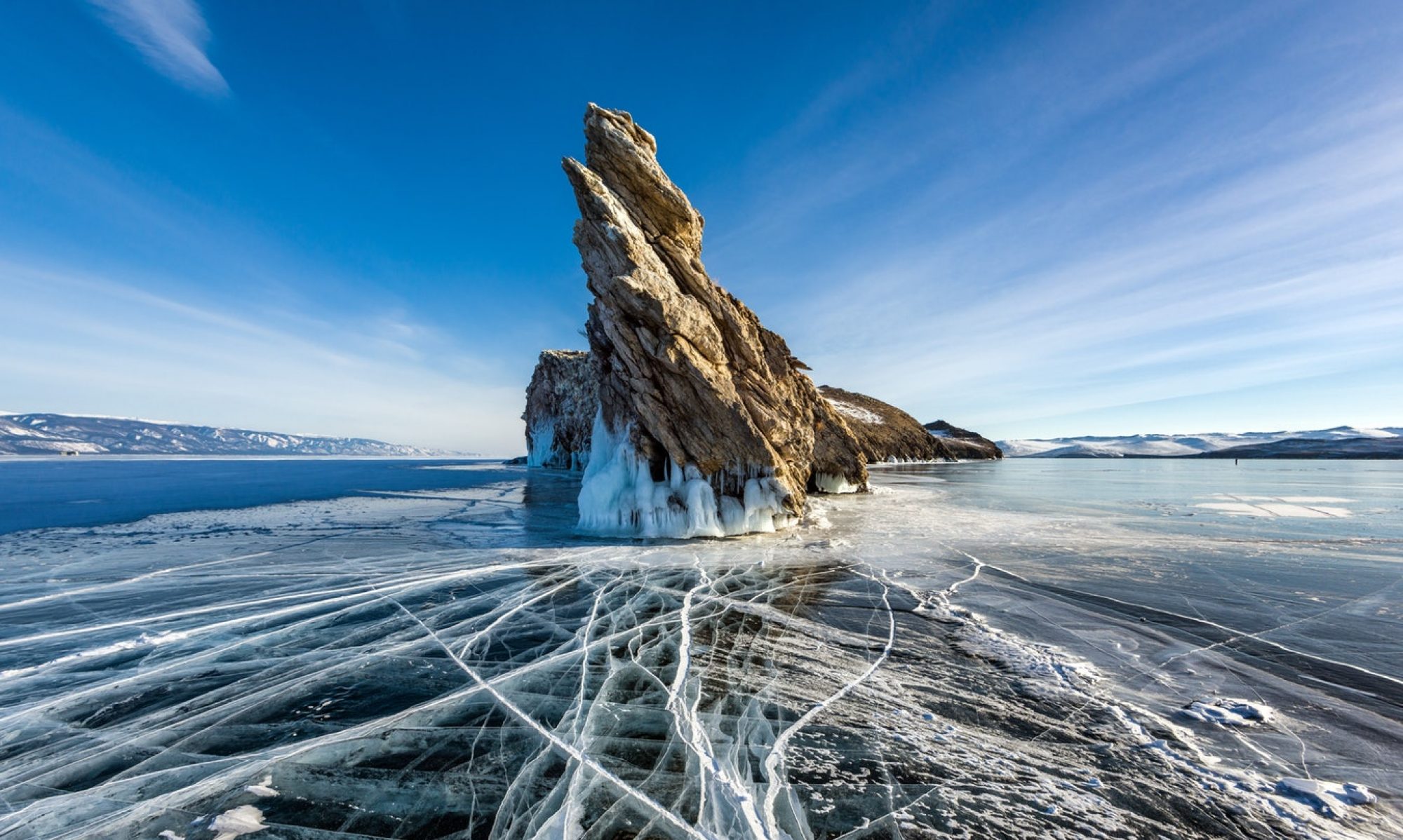In December the report on the 2018 Calotte Academy “Discourses on the Arctic – (inter)disciplinary theories and methods of Arctic research’, edited by Gerald Zojer and Jussi Huotari, was released.
The 2018 Calotte Academy, arranged in June 3 – 10, 2018, consisted of lively academic and expert discussion on current and interesting Arctic topics, some outdoor activities, singing and dancing, and traveling through the Barents Region, from Rovaniemi via Inari, Neiden and Kirkenes, Nikel, Murmansk and Apatity, and back to Rovaniemi.
In 2018 this annual, travelling scientific gathering and doctoral school took an explicit focus on discourses on the Arctic, and disciplinary theories and methods of Arctic research. Several topics – such as power of map-representations, the frontiers as nation-maker, Arctic as a pop phenomenon, indigeneity and at the crossroad of western & indigenous epistemologies, protesting insecurity, from information to cyber society, local-community-based research – were presented by 48 speakers from all over the Arctic region and Europe in the 11 sessions of the event.
From our team PhD students Jussi Huotari, Karoliina Hurri, and Hilma Salonen took part in the travelling symposium. Karoliina gave a presentation “The Arctic Strategy of China: The discourse of climate change” at “China and the Arctic” session. The presentation was followed by a group discussion:
Karoliina Hurri’s presentation, The Potential of Climate Change to Construct the Space of Global Climate Governance, focused on China’s role in international climate politics and its relation to the Arctic. Driven by domestic and international politics, in recent years China has changed its position regarding climate change. The country sees it now as a security threat and as a possibility for development as well as new economic activities (such as shipping). The presentation also delved into the interdependencies between geopolitical discourses and identity. Because China’s position has change, it cannot use old discourses. The presentation also revised the different discourses that China has to use in different fora. In such fora (i.e. BRICS, Arctic -outside UN- as well as G-77 and BASIC frame/UNFCCC -within the UN umbrella-), China identifies itself as a near-Arctic state in its Arctic strategy, in a dynamic and adaptive manner. For instance, at BASIC climate change is seen as an inequality question (caused by developed countries and suffered by developing countries), and China’s role is passive -albeit as a leader for developing countries; whereas in the Arctic context, it is seen as a global phenomenon which builds on the common future, while China’s role is active (as part of the solution).
The group discussion focused on the historical view of climate politics from the viewpoint of China, the depth of the fora in which the research focuses, whether and how the perceptions or reflections of third countries change as a result of China’s polyvalent positions, quantitative and qualitative aspects of discourse analyses, the level to which the same individuals take place in the fora (linked to age and gender), the evolution of Chinese discourses in the fora, the connection with other Chinese policies (e.g. development, commerce, or economics), the Icelandic-Chinese and broader China-Nordic countries relations, the central role and weight of China in particular fora (i.e., the G77 or BRICS group).
Jussi Huotari presented his work “The Barents Sea and the evolvement of energy security” at “The Environment and Security” session:
Jussi Huotari analysed energy security in the Barents Euro-Arctic Region in the framework
of geopolitics-security-environmental nexus. Jussi proposed several dichotomies, which are relevant in the analysis of energy security issues in the BEAR. These dichotomies include “producer vs customer”; “transit states” (e.g. Russia vs Ukraine); “economic vs environmental vs human security” etc. Also, taking into account the future developments, “4 As” of energy security have to be considered: availability, accessibility, affordability and acceptability of energy resources.
The follow-up discussion was concentrated around the question, proposed by the author, i.e. “Is, or will be, or could be the BEAR new (energy) Eldorado?” There are some factors, which favors this idea (geopolitical stability, huge resource potential, ice-free sea, new transport routes, great global demand etc.). However, many participants were rather critical to this idea, stating that environmental issues should be taken into account more seriously, and that environmental narrative shall be dominative narrative in security issues in the Barents region.
Hilma Salonen talked about “Renewable energy solutions for Russian Arctic off-grid settlement: network of distancies and dependencies” at “Energy Solutions for Russian Arctic” session:
Salonen discussed about the networks of energy supplies in the Russian Arctic and especially in the region of Sakha Republic. The usage of renewable energy sources has increased recently but also traditional sources are still used. Salonen approaches her topic through networking analysis and has created a network map based on her previous studies. The conversation after the presentation touched upon e.g. questions concerning the road infrastructure during different seasons and different energy producers. When it comes to production of renewable energy, the markets are open also for the private companies, even though the number of private enterprises is lower than state owned companies. Suggestions to view also the relationships inside of the network was raised.
Full version of the report on the 2018 Calotte Academy, abstracts of the presentations, and more information on the symposium can be read online here.

